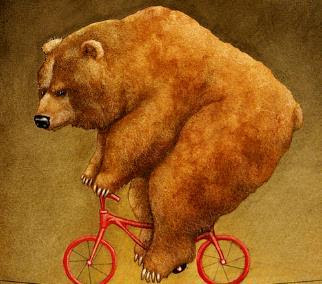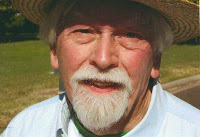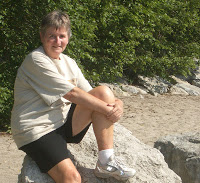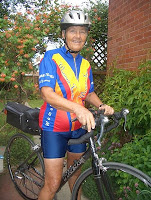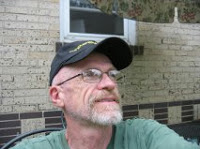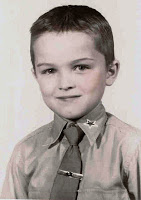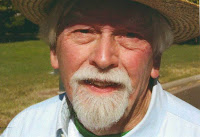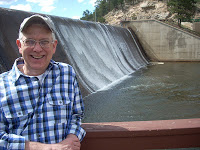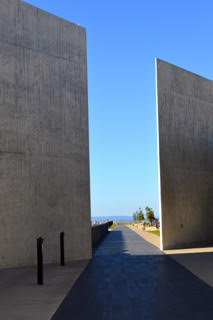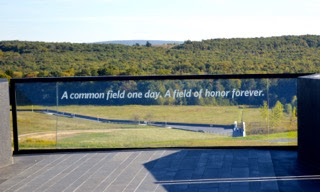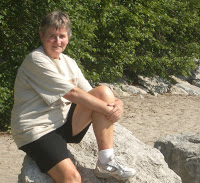My bicycles memories are very clear still, even though they are from long ago. I still toy with the idea of riding a bike from time to time, yet I never seem to get around to it. I do have two English Raleigh bicycles in my garage. They are about fifty or sixty years old, three and five-speeds, no resemblance whatsoever to advanced, modern bicycles of today. They were hanging on hooks for many years. Two summers ago, a friend helped me lower one off the hooks so that I could ride it. After all, there is a park right across the street from me. However, I still haven’t pumped up the tires. It still sits there in the garage with flat tires. I’m not even sure that the tires are still good after all these hot summers stored in the garage.
I see lots of young and adult riders in the park when I occasionally take a walk there. What astonishes me are the very tiny, pre-school kids, mostly boys, wearing protective helmets, zipping around the park on miniature bikes without trainer-wheels. I never saw that when I was very young. I never did that myself, either.
Back in the day (I’m talking two generations ago), kids that age had tricycles and no helmets. Apparently, no one dreamed of putting tiny kids onto tiny bikes. Then, when kids graduated to small bikes, they started out with training wheels. I was grade-school age before I biked around on just two wheels. Although I did a lot of exploring around the neighborhood on that bike, I never raced around, jumping over humps are doing dangerous tricks like kids today or like the ones portrayed in kids’ movies such as “E.T.” or “Max.”
My small bike was a typical, rather heavy bike, similar to ones that all the other kids were riding in those times. My older brother was the first to experiment with the new European style bike that was taller and had very narrow tires. It sported a generator attached next to the wheel that powered the headlight, a small saddle-bag with tools, and a tire-pump attached to the frame. That was quite something. I inherited this French bike when my brother went away to college.
I road this bike everywhere, even all the way to down-town, so often that I became quite expert; and, that is saying something, considering how rough the streets were. For example, there were two ways to ride to the center of my small town. One was a two-lane State Street that originally was the state highway through town. It was the busier street, so I normally avoided it. The other was a zig-zag course of rough brick streets through residential areas. Because the railroad line curved around the south side of town at an angle, a street ran straight south until it could go not farther, then I would have to turn right onto an adjoining street, then south again, then west again, right, left, right left. At one point, there was a very bumpy railroad crossing where a siding ran to the A&P grocery store.
I rode the French bike so often that I gained a remarkable degree of balance. I could ride without touching the handle bars, even on rough patches, going around corners, or over the railroad crossing. I steered simply by shifting my weight one way or the other to turn corners.
I recall one day, I spotted a teacher of mine slowly approaching me in his car going the other way. I decided to tease him. I sat up straight on the bike, grabbed a large book from my bike-rack, and pretended that I was reading, holding it with both hands while riding my bike. I did see a clear view of his face as we passed by each other. His eyes looked very big, and his mouth was hanging open.
I continued riding my bike early in college. I was so confident with my skill that I recall an incident when, ordinarily, a rider might have become hurt, but I wasn’t. There was one very steep, rough-brick hill that I rode down – – – no problem. At the bottom, however, all the sand from winter had washed down to the base of the hill. As I began to ride around the corner, I could feel the wheels slipping out from under me. I knew I could not prevent my going down, so I decided to gently lay the bike over on its side, coming to a halt just as I touched the ground – – – not a scratch! One kind-hearted student was concerned that I might have been hurt, but I was just laughing about how easy a landing I had.
On occasion over the years, I have considered possibly obtaining a more modern bike with fatter tires that would be less likely to become punctured by all the sharp stuff in the streets; however, I never have felt that ambitious. If I don’t even ride my old bikes, why get another?
Maybe it’s just as well. I have met people who bought fancy, $2,000.00 bikes and had them stolen, even with bike locks and chains on them. My acquaintance Larry always hired cheap laborers, including one young guy who was a drug-addicted thief. After the helper died of throat-cancer from the effects of constantly smoking marijuana, people checked out a storage shed he had and found around 200 bikes. I’m fairly certain he never bought them.
Now that I have way too many years and pounds on me, I sometimes think back to those easy-biking days. I have a feeling that, if I pumped up the tires on my fifty-year-old Raleigh and took it for a spin, I’d feel like an over-size circus-bear laboriously pumping away on a little bike, much too small for his bulk.
© 15 May 2016
